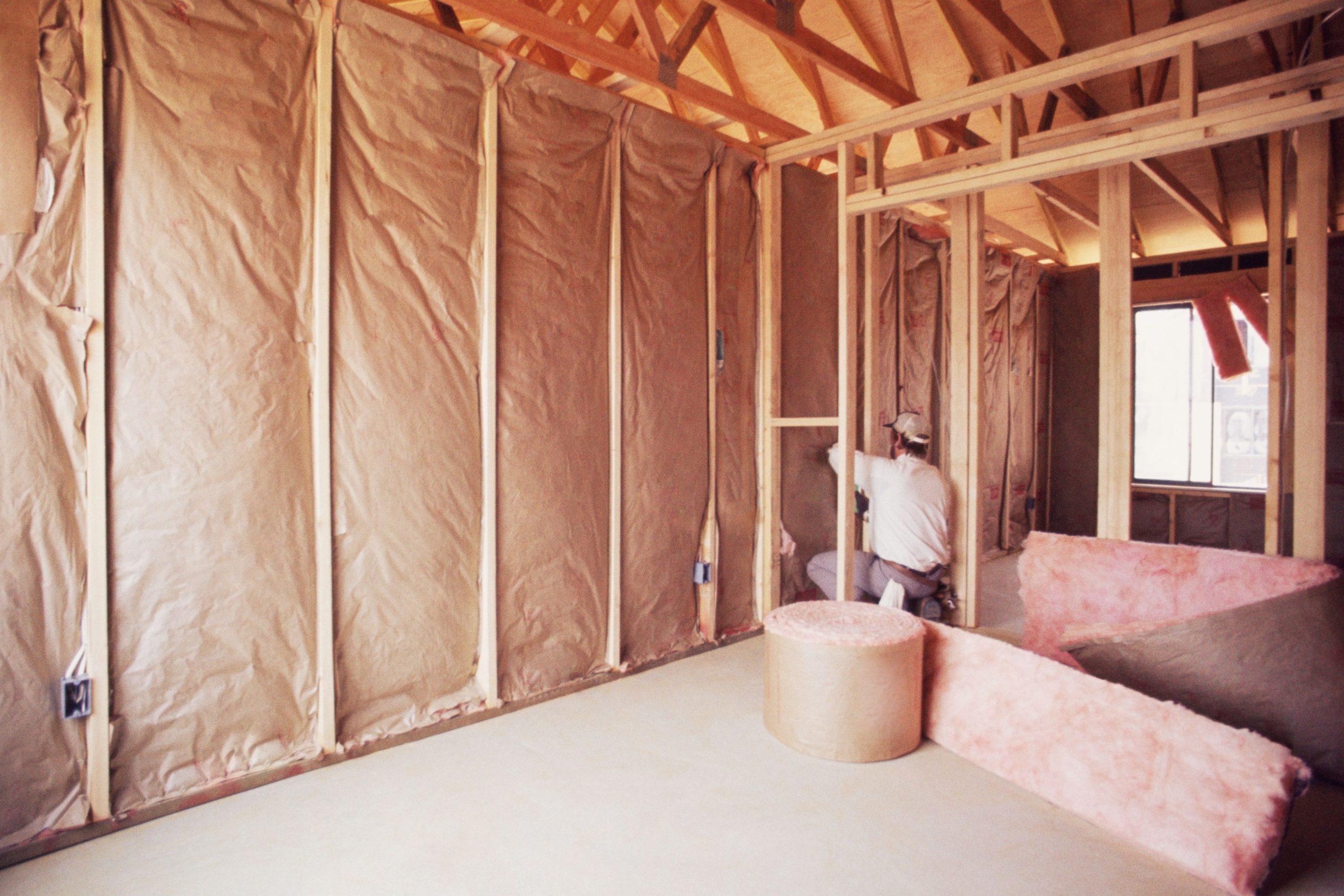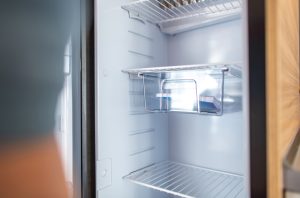Insulating your home’s cavity walls can save you a considerable amount in energy bills. This is because heat loss and gain are reduced, cutting your energy consumption and greenhouse gas emissions.
It also increases the value of your property, as energy-efficient properties are becoming increasingly popular. Furthermore, it may be eligible for government grant funding.
Cost of materials
There are several different types of materials that can be used to insulate cavity walls. These include mineral wool, EPS beads and granules. Depending on your home, you will choose a material that suits your needs and budget.
Mineral wool insulation is a popular choice because it is easy to fit between the studs and can be pre-cut to suit joist widths. It is also designed to trap heat efficiently and reduce energy costs. EPS beads are another option that involves having a registered installer blow small insulating beads into the wall cavities through holes drilled in your exterior walls (which are then later sealed). EPS beads offer good value for money, have great thermal properties and are moisture resistant.
Blown mineral fibre is another type of insulation that can be installed in cavity walls. It is made from spun glass or wool and is blown into the cavity space through holes in your exterior walls. It is a durable, maintenance-free and cost-effective option.
Installation
Millions of homes in the UK have cavity walls and insulating them is quick, simple and relatively mess free. It can also save money and make a significant difference to the environment as less energy is needed to keep the home warm.
It’s a good idea to find a local installer with a reputation for quality work and an insurance-backed 25 year guarantee. Also, check that they are signatory to the code of practice and that they are approved by CIGA.
The installation costs depend on the type of insulation chosen and the size of the house. For instance, a terraced house will cost more to insulate than a detached one. You should also consider if you need to replace wall ties as these will affect the effectiveness of the insulation.
Adding cavity wall insulation is very cost-effective and the money spent on it will be easily recouped through energy savings. The heating bills will be considerably lower, and the home will be much more comfortable during chilly nights.
Surveys
Cavity wall insulation is a cost-effective way to reduce heating costs and lower carbon footprints. However, it isn’t suitable for all properties. To ensure that the installation is effective, a surveyor will visit your property and check that it meets the following criteria:
The walls must not have any cracks or dampness. The cavity must be free from rubble and other foreign materials. The surveyor will also assess whether the property has adequate ventilation. If it doesn’t, you may need to install mechanical ventilation.
Most installers use polystyrene beads or granules that are injected through holes drilled in the external wall. The contractor will then seal the holes with cement. This insulation is one of the cheapest energy-saving measures that homeowners can make and should pay for itself in a few years through savings on electricity bills. The cost of replacing damaged wall ties should be factored into the overall price. These are the ties that hold the internal and external layers of brick together.
Insurance
Having cavity wall insulation installed in your home is a great way to save money and keep your property warm. However, it’s important to remember that this work is not a DIY job and should be done by an accredited installer. It is also a good idea to get several quotes before deciding on an installer.
Various insulation materials are available for use in cavities, from polystyrene beads to rock wool and polyurethane foam. They come in different quality standards and therefore vary in price. Polyurethane foam is the most expensive of these options.
You may be able to get free or discounted cavity wall insulation if you receive benefits such as Pension Credit, Jobseeker’s Allowance, and Income Support. This is because the government’s Energy Company Obligation scheme offers support for households that need it. Insulation is a big investment, but it can pay off in the long run by reducing your energy bills. It can also boost the value of your property and make it easier to sell.Cavity wall insulation cost



